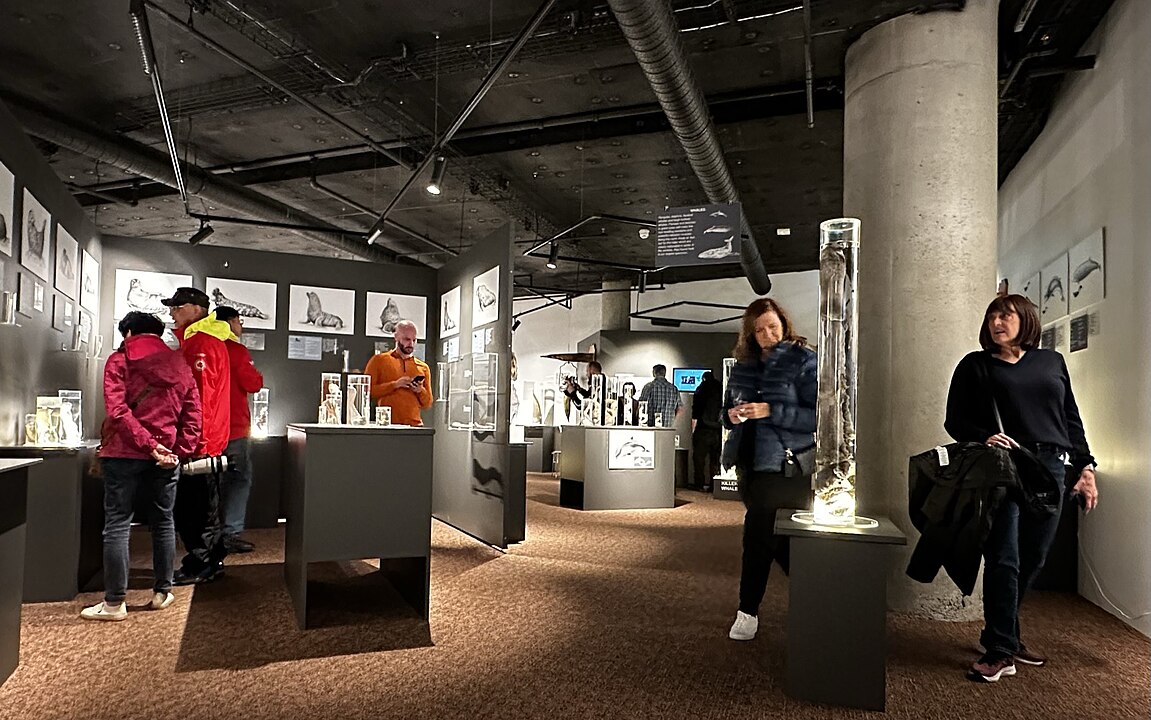The development of friendly working environments for cultural workers. Encouraging cultural volunteering. Skills training to help the cultural sector become greener. The Nordic countries are looking towards a sustainable future with culture at the forefront and these are just some of the policies they are implementing to achieve this.
A policy report by Kulturanalys Norden outlines how Denmark, Finland, Iceland, Norway, Sweden and Åland are incorporating sustainability into their national cultural strategies. The aim is to align the arts, heritage and inclusion with global climate and social goals.
The report identifies four key themes of sustainability in cultural policy across the Nordic countries: improving conditions for cultural workers; promoting inclusive cultural participation; using heritage and architecture to create sustainable communities; and supporting a green transition in the cultural sector. These initiatives reflect the broader 2030 Agenda for Sustainable Development, emphasising culture's dual role as an agent of change and a sector in need of sustainable reform.
Regarding the sustainability of the cultural sector, as the study points out, more and more Nordic countries are prioritising the creating of stable, inclusive environments for cultural workers. The Icelandic Ministry of Culture and Business Affairs has presented an ambitious visual arts strategy. One of its main objectives is to make the visual arts sector more competitive and sustainable, and to create jobs nationwide. The strategy includes new remuneration and incentive schemes, as well as a review of current copyright and tax legislation. The Ministry of Education and Culture of Iceland has also developed a national film policy focusing on creating more sustainable, equal and family-friendly working environments for film workers.
Finland and Denmark are working to reduce artists’ financial insecurity by reforming funding criteria and supporting well-being in education. Swedish Ministry of Culture has put forward a strategy for businesses in the cultural and creative industries, aiming to nurture sustainable growth and competitive business development across the entire sector. The strategy is particularly focused on creating support for entrepreneurs in the cultural sector through guidance and social safety nets.
As the report highlights, inclusion and access to culture are becoming central pillars of sustainable development across the region. The Norwegian Ministry of Culture and Equality has developed a strategy to promote voluntary cultural participation. This strategy aims to improve conditions for cultural volunteering, ensure access to appropriate facilities nationwide, promote participation in cultural life and strengthen collaboration between professionals and volunteers. Meanwhile, the Icelandic Museums Council has developed a policy for museum work, with Icelandic museums expected to actively engage diverse social groups in their activities. They are also expected to use exhibitions and outreach efforts to raise awareness of, and encourage dialogue about, the UN Sustainable Development Goals.
In Åland, initiatives like the ÅL-IN Fritid aim to increase children’s access to meaningful leisure opportunities, combining culture, sports, and civic engagement.
Green transition
As part of a broader green transition, Nordic countries are leveraging the arts to reshape societal values and reduce environmental footprints. The Norwegian government has tasked the agency Arts and Culture Norway with developing a climate and environment programme for the cultural sector. The programme is designed to provide skills training, introduce environmental requirements for recipients of public cultural funding, and develop a programme for green transition within the sector. For 2025, Arts and Culture Norway has been allocated NOK 1 million to support this work.
Denmark has established a Centre for Sustainability in the Cultural Sector. In Iceland, a proposed film industry charter will commit producers to sustainability targets. Finland encourages cultural practices that embody low-material, high-value production models.
Read the report here.
--
Photo credit: APK
Photo source








